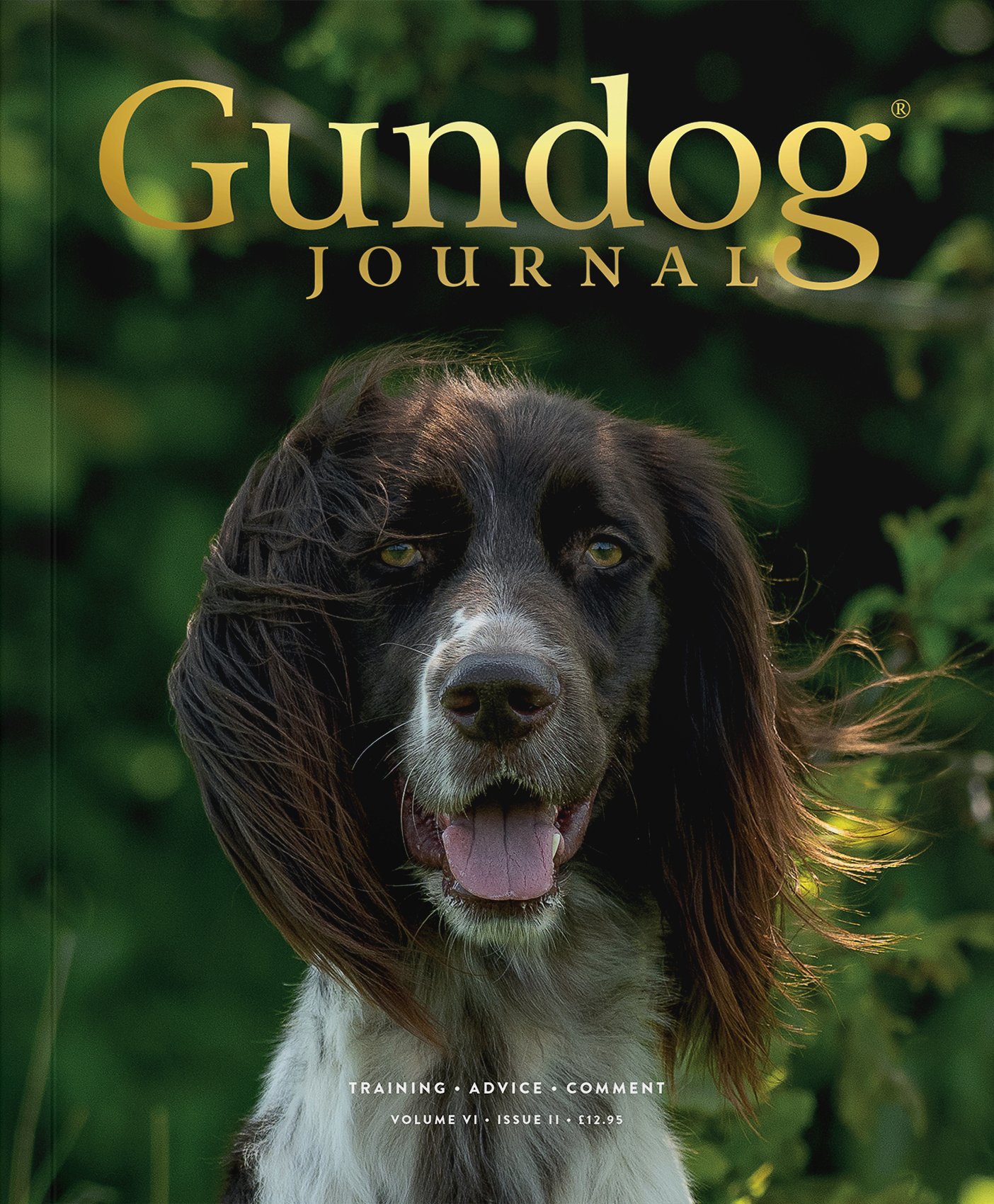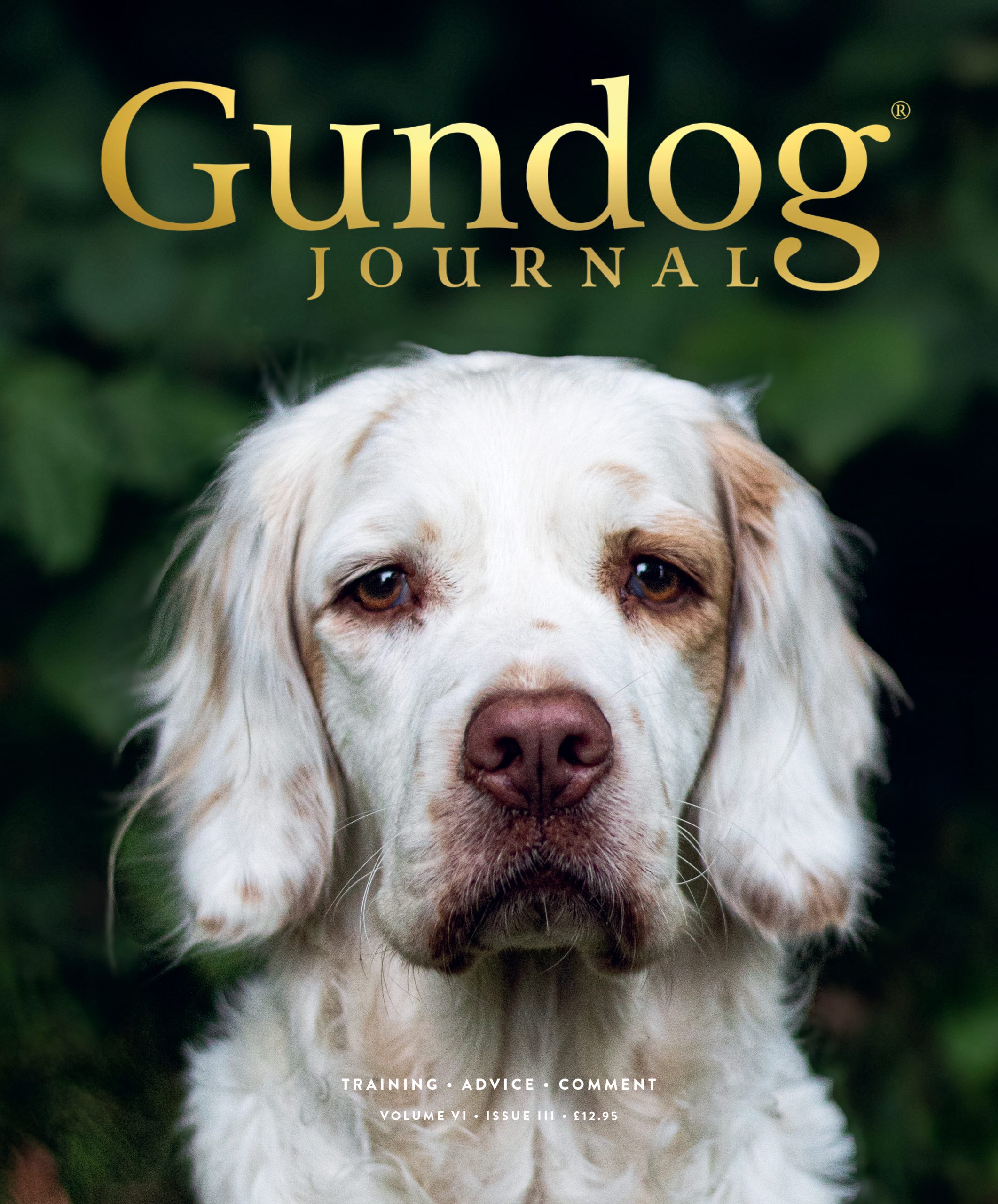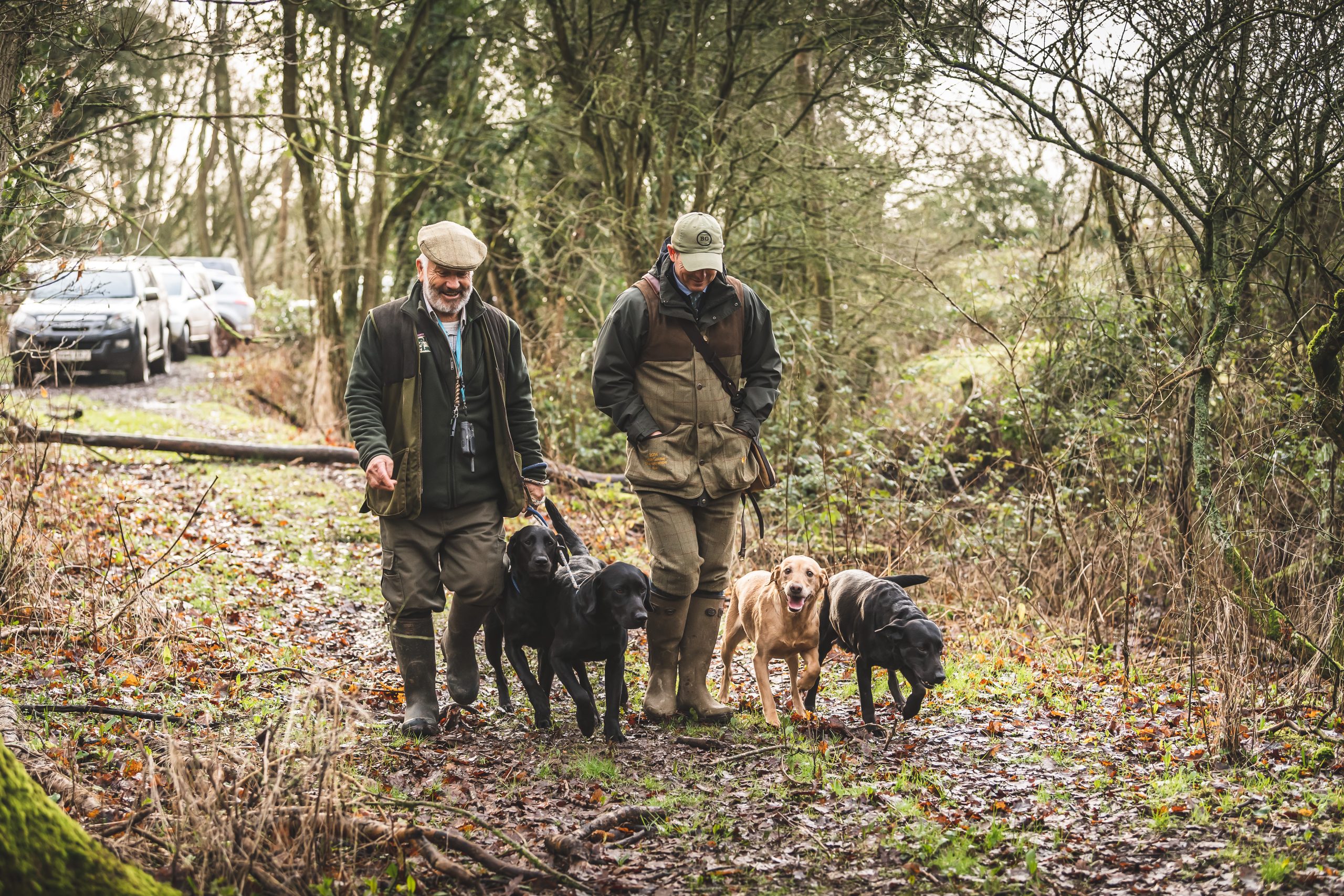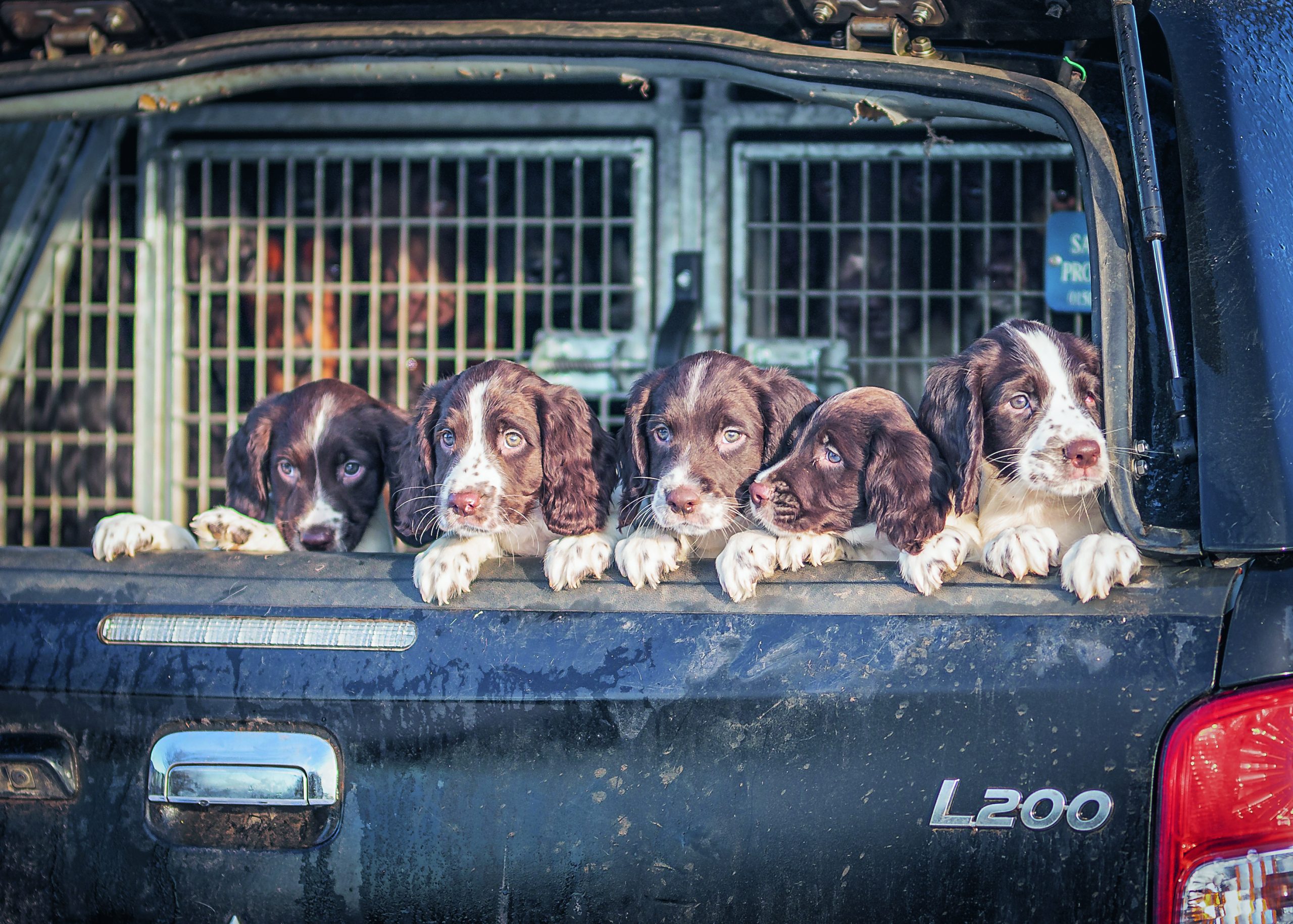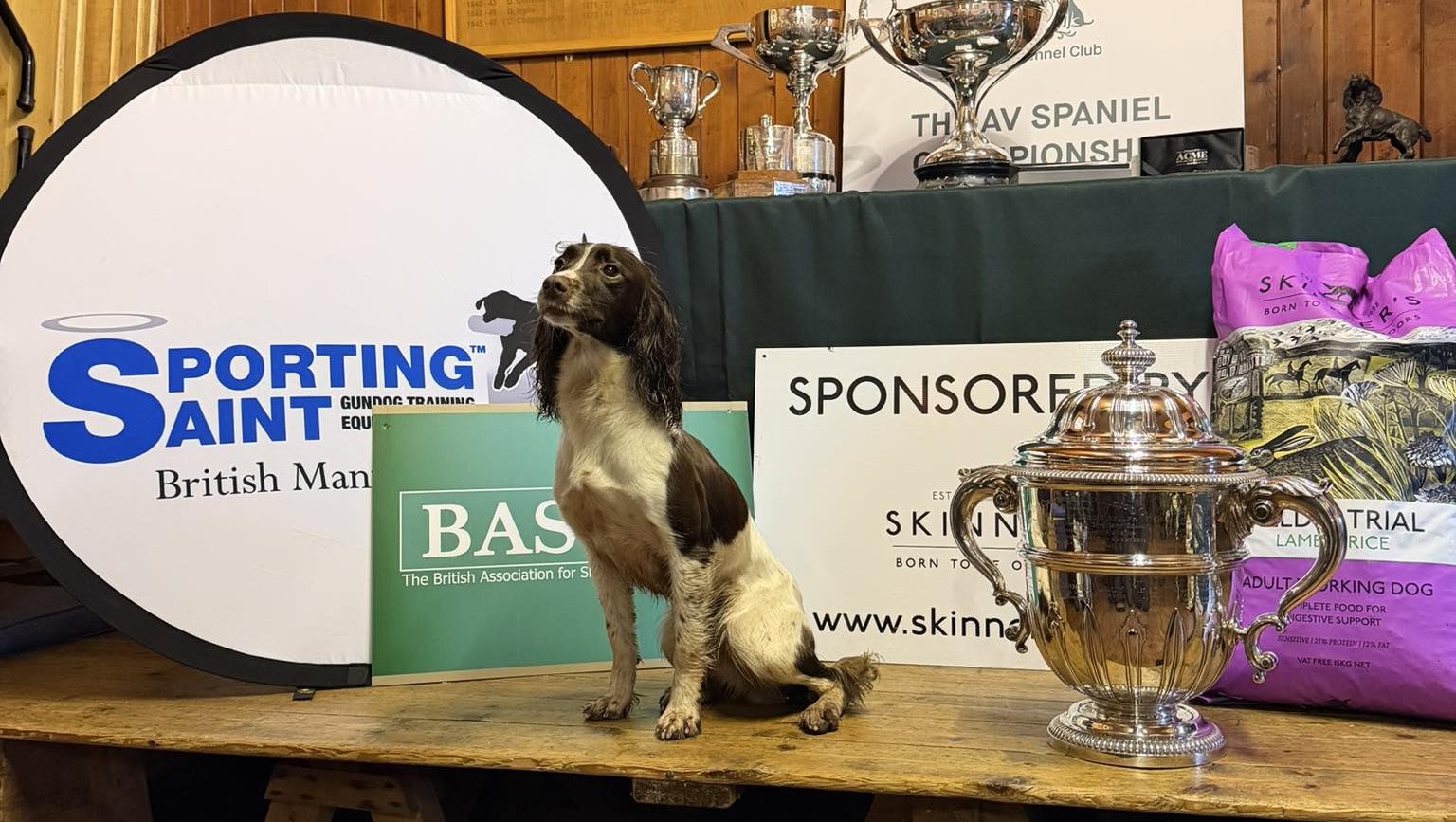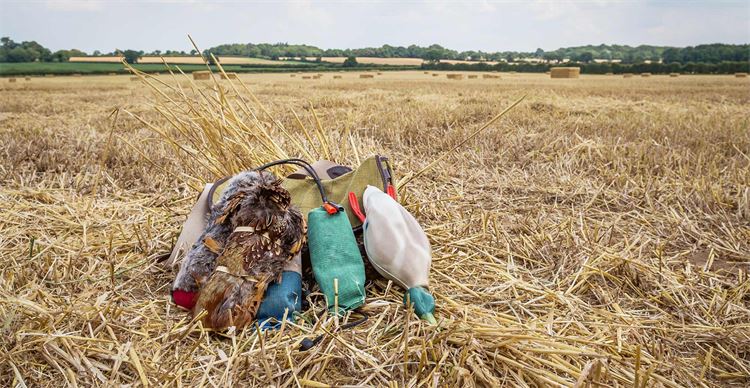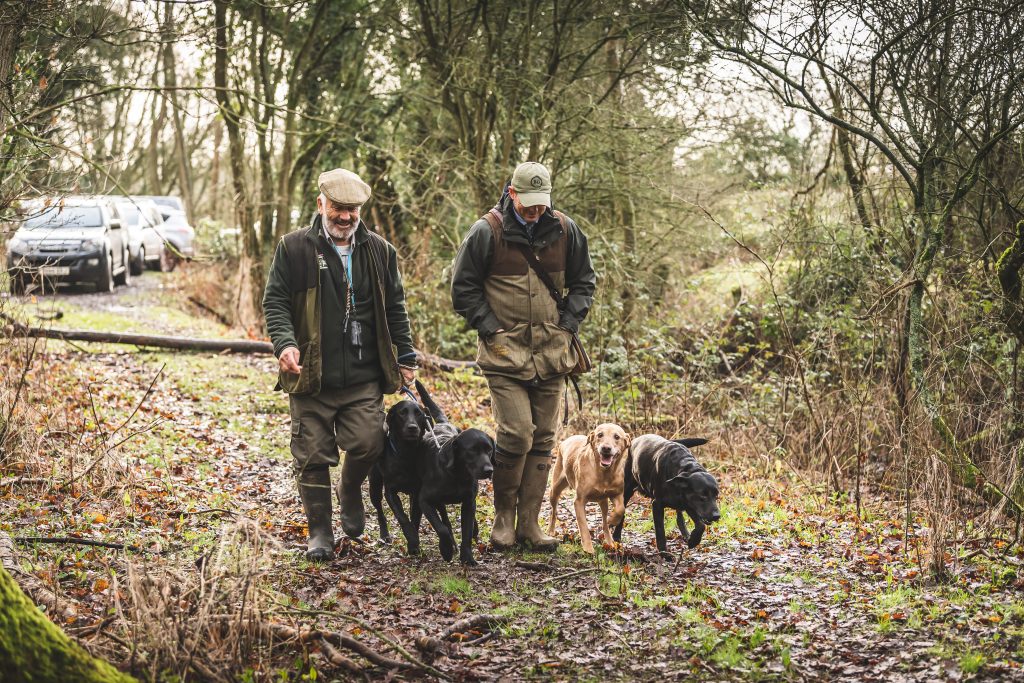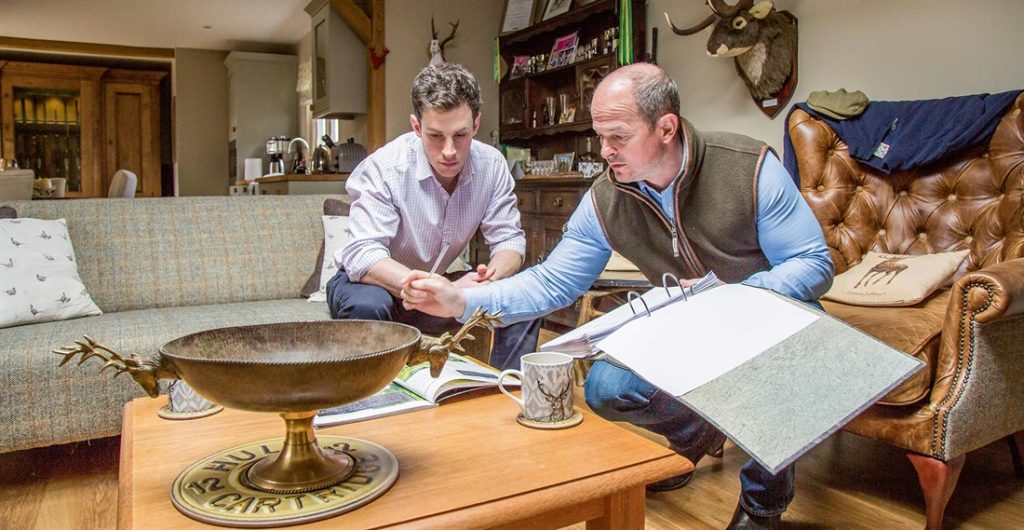Are you competition ready?
Field Editor Ben Randall offers advice on how to know if you and your dog are ready to enter a Field Trial, and how to prepare.
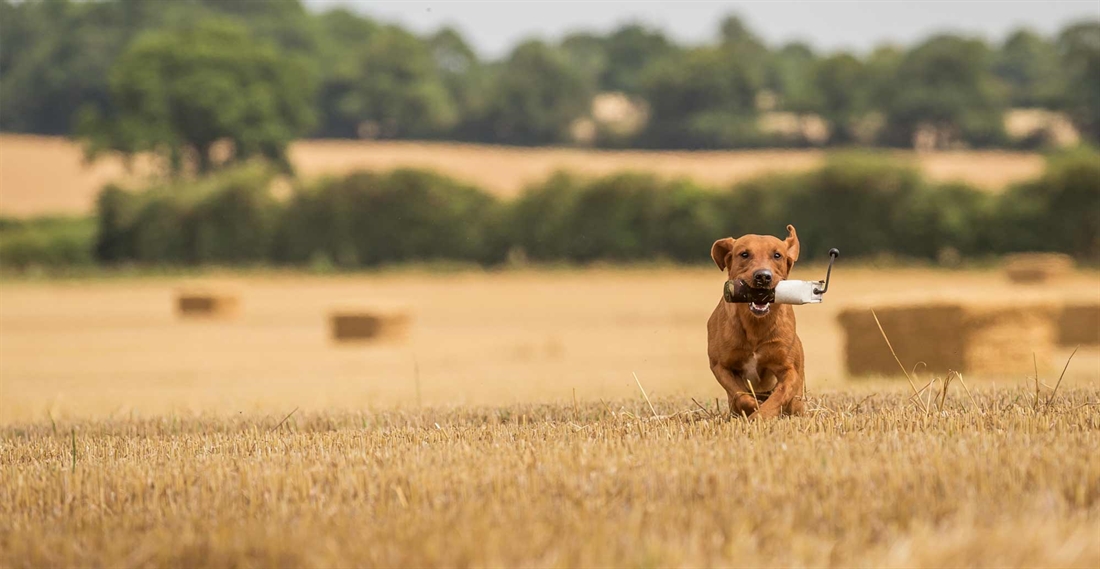
A question I am often asked by my clients is: “How do I know when my dog is ready for Field Trials, and how do I go about entering one?” But before we can even consider whether our dog is ready to enter a working test or trial it is important to know if one’s dog is in fact even eligible to enter. Only pure-bred gundogs – labrador, springer, cocker for example – that have been registered with the Kennel Club (KC) at birth can enter KC-affiliated trials or working tests such as the Cocker Spaniel Championships or IGL Retriever Championships. Therefore, if it is your dream to train up a field trial champion (FTCh), you must acquire a puppy from the correct working stock and it often pays to look at the pup’s ancestors to find out if any have been any previous FTChs. If you have a non-registered breed, don’t write off competing altogether as competitions and scurries at country fairs are a great way to test you and your dog’s abilities.
Volunteer at tests
Providing your dog meets KC requirements, the next stage is to assess if your dog is actually of a standard acceptable for trialling and if you as a handler are ready. This is not something for you to decide yourself though, professional advice from an experienced trialer or judge should be sought out first. They will be able to tell you whether your dog has any immediate eliminating faults and should not be entered – such as making a noise, showing signs of hard mouth, or is not under control amongst wild game.
If your dog is free of all obvious faults, the next stage is to consider whether it will do well in a trial and select which trial is right for you and your dog. It is best to seek the help of a professional for this once again, and I would also recommend you go along to the relative club’s spring and summer group training sessions so you can speak to people and see different types of dogs working. Also offer to help out at working tests or field trials by carrying game or stewarding as this is a great way to see exactly what is required to win a field trial, get a place in a field trial, and very importantly what will have you eliminated from a field trial.
Train how you play
If you are happy with all this and you are confident your dog is impeccable on the whistle, adheres perfectly to hand signals and is rock steady, then I would seek an A-panel judge and someone with a proven track record in his/her field for additional advice on how to train your dog specifically for the trial you want to enter. It is important you do this because a huge about of time and energy goes into entering field trials, and what we don’t want to do is take up a place of another competitor if your dog is incapable of finishing it.
When you start to prepare your dog for competition, a little saying I repeat to all my clients is as follows: “train how you play and play how you train”. What this essentially means is that we must simulate a trialling experience regularly, so that the dog is used to not being schooled – meaning no verbal commands, shouting at, stopping or running after the dog etc – and is familiar with working around other handlers and dogs.
Proper preparation
Often when people are preparing for a trial, every Monday, Tuesday and Wednesday they fill the boot up with dogs and go training. On the Thursday, i.e. mock trial day, they get up in the dark, put one dog in the car and travel to an environment where the dog doesn’t get schooled in any way if he/she makes a mistake. The following day they return to the normal training routine where any mistakes are addressed. By the time the next mock trial day comes along and we take the dog in the dark to that same place, it will know that it can do as it wishes and will misbehave.
To prevent this, my advice would be to take multiple dogs on your mock field trial days and, depending on weather, location and types of trial, only take one dog out at a time. This way they learn that if they are good and behave, they will have their turn out in the field and so when it comes to the real thing, it is seen by the dog like it is the daily routine. This way they will behave during their turn and you will get the best out of them during a trial.
Isolated training will lead to failure
It is also pointless to train on your own all of the time and only ever over the same area. When we compete in trials we will be amongst other handlers, dogs, distractions and working over different terrains and cover. By training in isolation, whilst our dogs may become very proficient, we set ourselves up to fail. So factor in sessions with other competent handlers with well-trained dogs regularly.
A final note is that it is very important that you do not use trials or tests as a training days or for experience. Not only does this prevent someone who is ready with a chance of entering, but also won’t do you or your dog any favours in the future. Only enter a trial or working test if you feel capable of finishing and getting awards.
And remember, a successful field trial dog must first be an exceptionally well-trained pet and a very accomplished and experienced shooting dog.
Get our etiquette right
We must always remember we are extremely lucky and fortunate to be invited to some of the most prestigious estates whilst trialling. Etiquette is therefore very important, and we must understand that the judges’ decision is final, shake their hands and win or lose graciously.
Leaving the ground early should be avoided, and it is my personal view that one should stay until the end of the trial out of respect for the land-owner and your fellow competitors.
Dress code is also something to bear in mind. You should wear appropriate clothing for the shooting field. You don’t have to wear a tie, but wearing jeans or scruffy clothing is disrespectful to our hosts. If you have tweeds or other suitable shooting clothing, not only will it be practical to wear but also smart and respectful.
Related Articles
Get the latest news delivered direct to your door
Subscribe to Gundog Journal
Unlock the full potential of your working dog with a subscription to Gundog Journal, the UK’s only dedicated magazine for gundog enthusiasts. Published bi-monthly, this authoritative resource delivers expert training advice, in-depth interviews with top trainers and veterinary guidance to help you nurture a stronger bond with your dog.
With stunning photography and thought-provoking content, Gundog Journal is your essential guide to understanding, training and celebrating your working dog.
Save 10% on shop price when you subscribe, with a choice of packages that work for you. Choose from Print & Digital or Digital only with each journal delivered directly to your door or via the app every other month, plus access to past issues with the digital back issue library.
